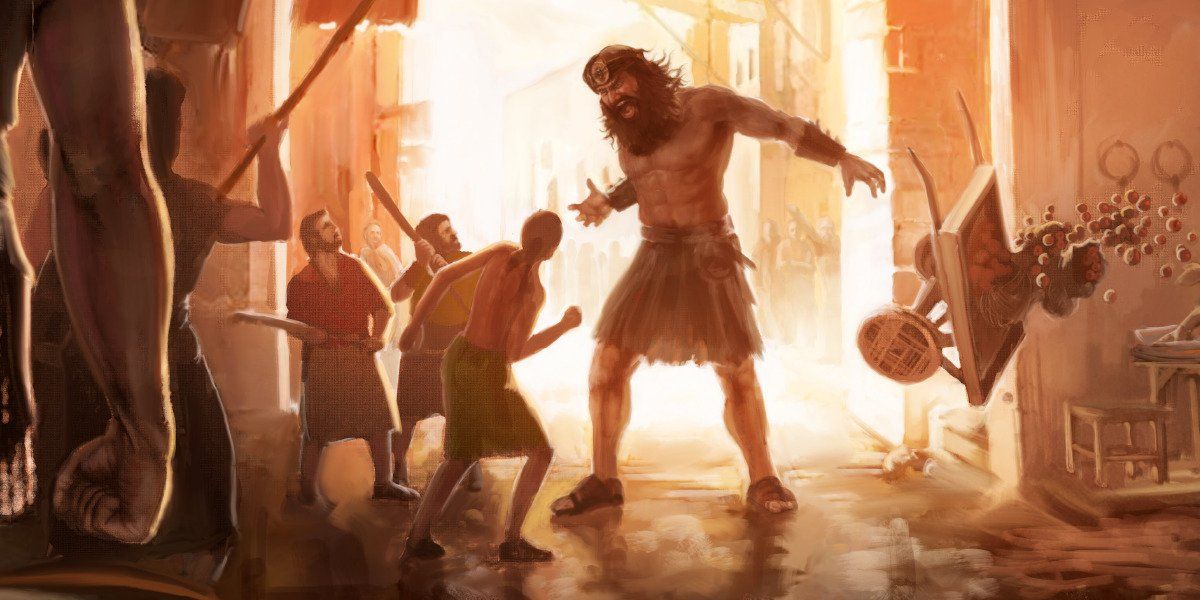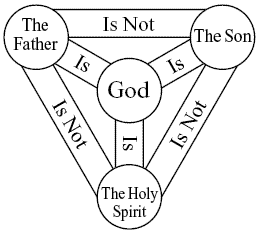I have been told Easter was originally a pagan holiday, is that true?
Certainly not the holiday, but perhaps the name, here’s the background.
The word Easter is found only one time in the King James Bible (KJB). Easter as a Christian holiday (“Holy Day”) has been celebrated annually to memorialize the resurrection of Christ. In truth, Christian churches meet on Sunday for the express purpose of celebrating Christ’s resurrection every week and not just once a year. Easter is the most common name for our celebration of “Resurrection Sunday.” As a word, however, Easter does seem to come from pagan roots. Prior to the KJB, English versions always translated the Greek pascha, “Passover.” Even when the Authorized Version was translated, the English word "Passover" was used in every passage in which the Greek word pascha occurred, except in Acts 12:4, where it was translated Easter.
Now why would the greatest Bible translation team that was ever assembled seem to stumble at Acts 12:4 and use Easter when the same word, in every other case, was translated Passover?
For the Christian, the resurrection of Christ would have taken the place of the Jewish Passover. By way of some background…in Acts 12:1-4, James has been martyred and Peter has been arrested. Verse three says, “then were the days of unleavened bread.” Peter was taken during the feast of Unleavened Bread. Numbers 28:16-17 very clearly tells us that the Feast of Unleavened Bread began after the Passover was celebrated. Therefore, Peter had been taken after the Passover and not before. So Herod could not have been waiting for the Jewish day of Passover but something else. What was it?
Let’s read it in context. Acts 12:3-4 says, “And because he saw it pleased the Jews, he proceeded further to take Peter also. (Then were the days of unleavened bread.) And when he had apprehended him, he put him in prison, and delivered him to four quaternions of soldiers to keep him; intending after Easter to bring him forth to the people.”
There are two schools of thought. The first is that the term Passover would have come to mean both the specific day and the feast to follow as an inclusive term. In that case Herod was waiting for all of the festivities associated with Passover to be concluded. Over many years and perhaps with good reason to emphasize the resurrection and distinguish it from Jesus’ death, the term Easter (for good or bad) was adopted by Christian churches.
Another possible explanation is that Herod was actually waiting for the pagan holiday Ishtar to put Peter to death. (Translated Easter, Ishtar was held concurrently with but certainly not related to the Passover.) It is interesting that, if you check the Oxford English dictionary, you will see the word Easter referred to the pagan feast of Ishtar in the year 1611 when the KJV was published. That the word Easter was used is a strong argument in favor of this second view. If true, the King James Translators would have known this and would have been attempting to clarify the context for English readers.
That’s the history of it and of course we can celebrate this historical event. Whether you call it Easter or Resurrection Sunday, rejoice in knowing that death died at the resurrection of our Lord Jesus Christ!










